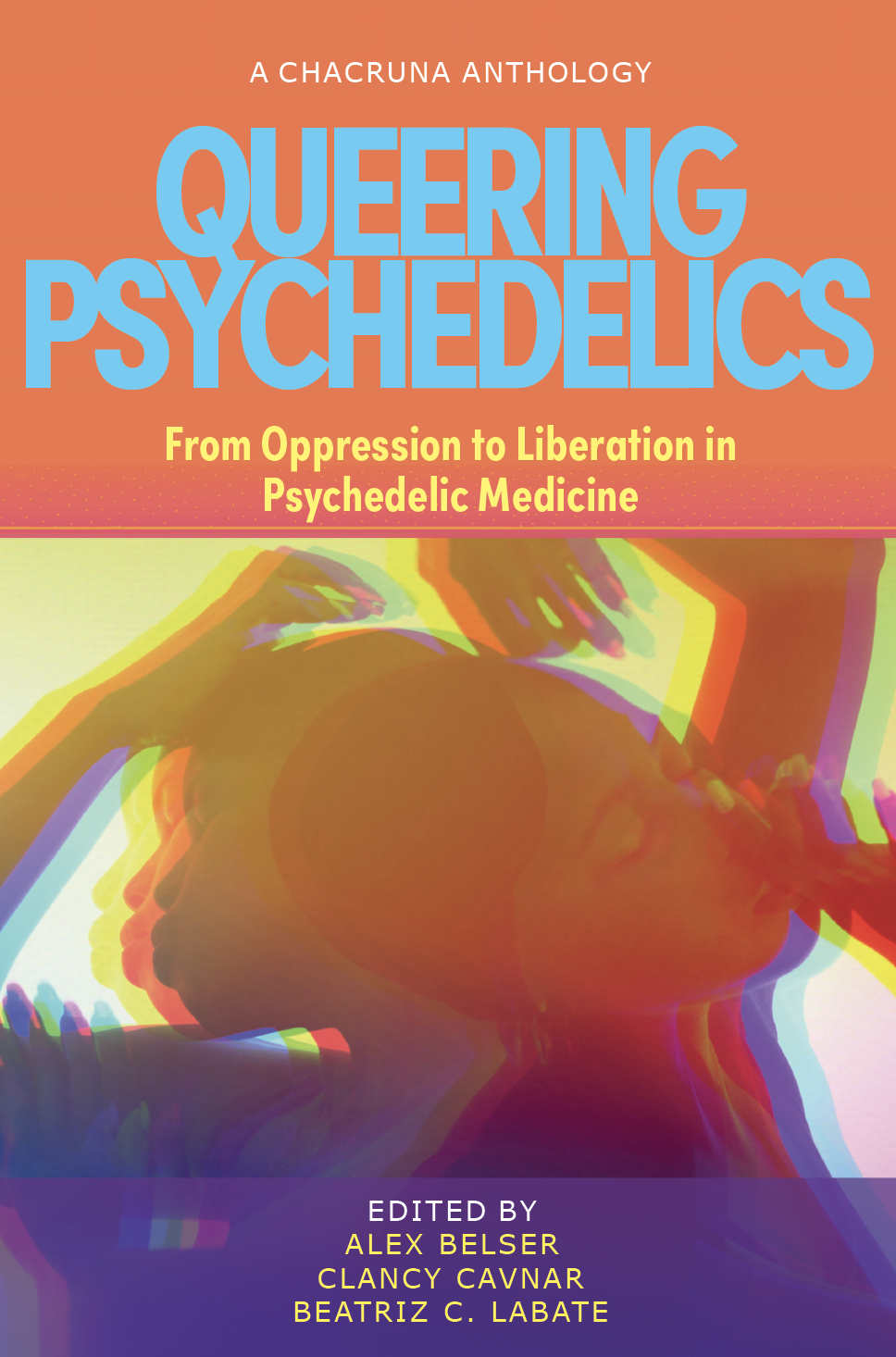

Most ebook files are in PDF format, so you can easily read them using various software such as Foxit Reader or directly on the Google Chrome browser.
Some ebook files are released by publishers in other formats such as .awz, .mobi, .epub, .fb2, etc. You may need to install specific software to read these formats on mobile/PC, such as Calibre.
Please read the tutorial at this link: https://ebookbell.com/faq
We offer FREE conversion to the popular formats you request; however, this may take some time. Therefore, right after payment, please email us, and we will try to provide the service as quickly as possible.
For some exceptional file formats or broken links (if any), please refrain from opening any disputes. Instead, email us first, and we will try to assist within a maximum of 6 hours.
EbookBell Team

4.0
56 reviewsAs psychedelic-assisted therapy gains traction in popular culture and through policy reforms, Queering Psychedelics: From Oppression to Liberation in Psychedelic Medicine aims to foster accessibility and diversity in psychedelic science, practice, and discourse. By addressing and dismantling sexist, heteronormative, transphobic, and homophobic forms of oppression in the psychedelic community, this collection lays groundwork for an inclusive future. Edited by researchers and authors Alexander B. Belser, PhD, Clancy Cavnar, PsyD, and, Beatriz C. Labate, PhD, Queering Psychedelics features a broad range of perspectives from queer academic researchers, LGBTQIA+ clinicians, and indigenous and transgender advocates. Each of the 38 essays -- from some of the contemporary movement's most influential leaders including Terrence Ching, PhD, Kile Ortigo, PhD, and Diana Quinn, ND -- presents insights into cultural heritages and historical contexts, implications for research and clinical work, and discussions of the healing potential of psychedelic medicine. Covering topics of consent, privilege, intersectionality and identity, Queering Psychedelics grapples with how modern psychedelic research might address the unique needs and traumas of sexual and gender minorities--populations that can suffer from challenging mental health conditions brought on by social exclusion, pathologization, criminalization, and stigmatization. This book delves into the dark history of psychedelic conversion therapy while illuminating promising research showing substances including MDMA and psilocybin can offer life-changing experiences for marginalized communities. Queering Psychedelics integrates indigenous outlooks on psychedelics, gender roles, and identity while aligning them with those of other marginalized groups: women, people of color, the disabled, the impoverished. This book interrogates the continuing radical potential of queer psychedelia in today's era of assimilation, paving the way for an inclusive and intersectional world.